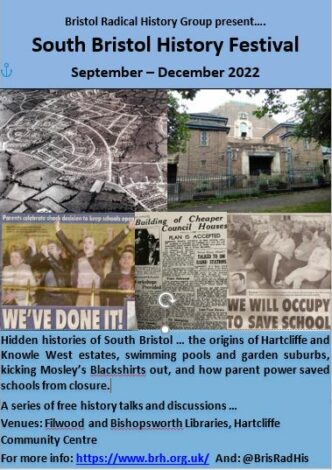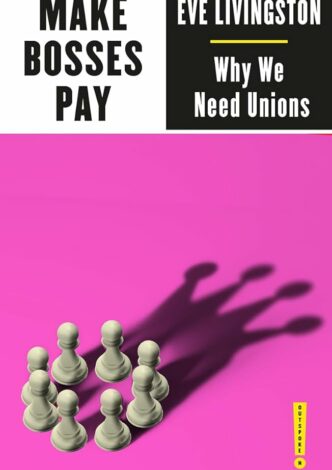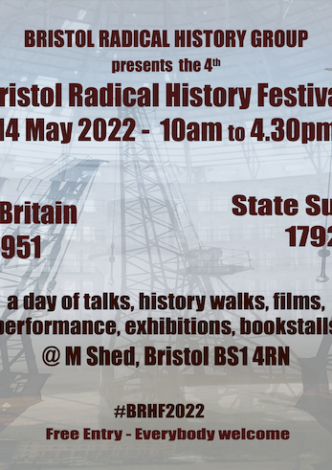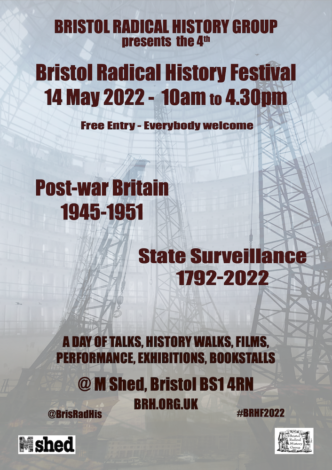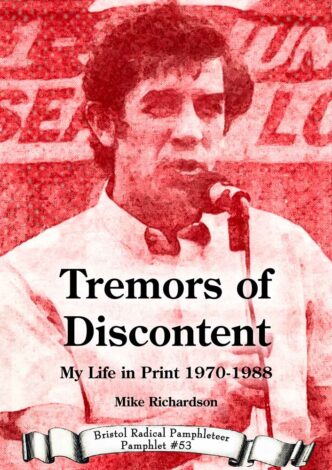Many of those who crowd the streets of Bedminster during Upfest or for the Winter Lantern Parade are probably oblivious that they are actually deep in mining country. For many residents, the idea that this was once an area where several coalmines existed and men emerging from pits covered in coaldust was a feature of the working day, has long been forgotten. Above ground, there are no surviving reminders of that history except a single noticeboard in Dame Emily Park. But below the nearby […]
I entered the shop floor of the small Bristol tobacco factory, Churchmans, in 1972. I wanted see, hear and smell the work and to talk to women manual workers about their work, their lives and their views. They were called ‘semi-skilled’ workers. What they did, weighing and cutting and rolling tobacco awed me with its speed and skill. Yet they could talk above the overwhelming rattle of machinery. Amazingly, I could interview them too. I had approached several larger factories in Bristol to do […]
There isn’t a lot of history in Eve Livingston’s book – “The British labour movement: A potted history” pages 10-15 – but what there is is sharp and perceptive. “The days of unionised and secure jobs in manufacturing and industry, and a time when class was widely recognised as an organising principle for society, have long made way for precarious and exploitative work and an active attempt to obscure and the experience and effects of class difference.” But while acknowledging the impact of […]
 Not A BRHG Event
Not A BRHG Event
A Celebration of the Book - Sat 11th June St Andrews Church Centre, Old Church Rd, Clevedon BS21 7UE Funded by Clevedon Community Bookshop Cooperative, Bookbinders, book artists, paper-makers, book makers, independent publishers and pamphleteers come together to celebrate the ‘book’ with exhibition stalls and sales. Bristol Radical History Group will have a bookstall at the event and are giving two talks: 12.15pm – 1.00pm Rosemary Caldicott - 'The Life and Death of Hannah Wiltshire: A Case study […]
We are delighted to welcome people back to M Shed this Saturday, 14th May, for our 4th Bristol Radical History Festival. It's been a frustrating two years of delays and postponements due to covid since this was first planned, but now all systems are go! All are welcome - this is a free event, you do not need to buy a ticket. Here's the Directions to M Shed. We have organised a full programme of events for our 2022 Radical History Festival, in collaboration with our hosts at M Shed. The Festival […]
Here is the history of one Ukraine town, a microcosm of Russia, before its independence in 1991. Hughesovka, (later Stalino and Donestk) was a mining and steel town founded in the 1870s by Welsh entrepreneur John Hughes and seventy Welsh workers. This three part TV documentary directed by Colin Thomas and presented by Gwyn Williams and first broadcast in 1991 as a series of 30 minute programmes on BBC2. This documentary won the Best Documentary BAFTA Cymru, 1991 award. Watch a trailer for […]
Blacklisted - the whole story (2016, 45minutes, Tom Wood/Reel News) This film is an account of the system of blacklisting operated by the UK construction industry. It includes interviews with blacklisted workers and members of the Blacklist Support Group, along with footage from protests & pickets, as the blacklisted workers fight for truth and justice. It describes how the industry operated a secret blacklist - via The Consulting Association - to prevent workers, who would make an issue of […]
1945: The war in Europe has just ended and the Labour Party wins a resounding general election victory. What follows is celebrated on much of the left as a period of progressive government which should inspire us to build a fairer society. However, at the time, critics pointed out that every socialist principle had been betrayed by politicians. In fact this was really a period much like any other, marked by continued militarism, colonialist suppression, racism, austerity and reactionary […]
Since the early days of documentary filmmaking, directors have been trying to put workers on film. Award winning filmmaker Colin Thomas will examine some of these and consider his own attempts in the light of the comment by one of his subjects, car worker Bill Pritchard, who told him that he was “chasing daydreams". Book tickets here.
While there are many academic studies of workers’ resistance and consciousness during the 1970s and 1980s, few accounts relate the personal-political experiences of the activists involved. Tremors of Discontent, however, explores how Mike Richardson’s individual consciousness came to change during that period. It shows how gradually his participation in trade union and left politics broke through his boyhood reserve, intensified by the external political, economic and social circumstances. By […]
